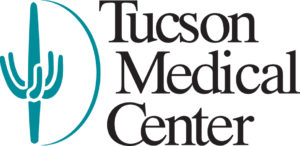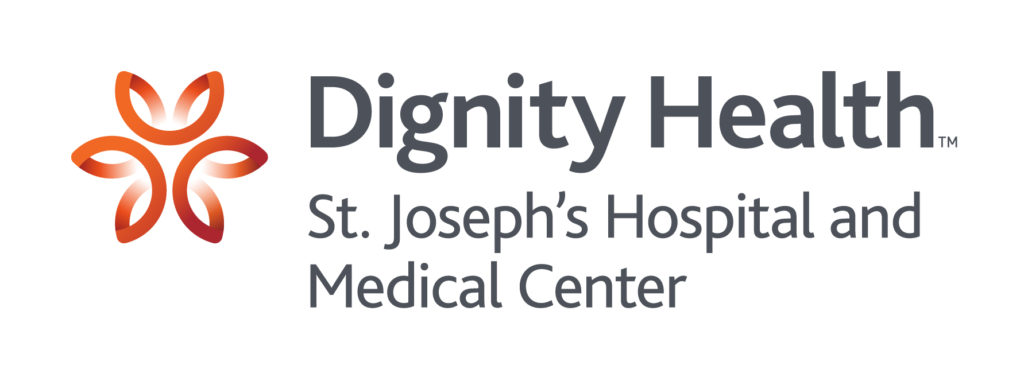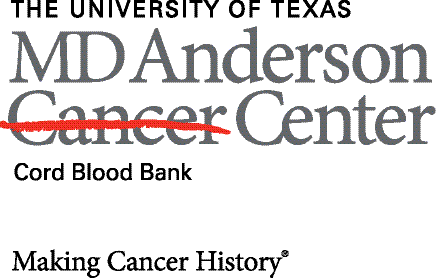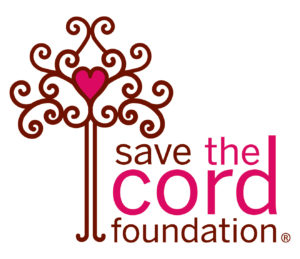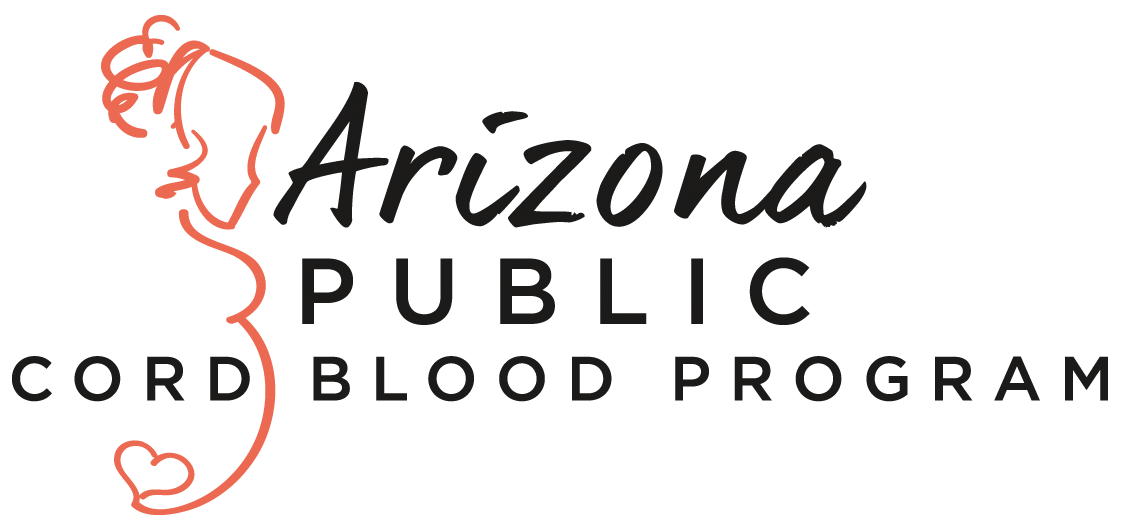ABOUT THE ARIZONA PUBLIC CORD BLOOD PROGRAM
The Arizona Public Cord Blood Program was created in 2011 by the Arizona Department of Health Services to advance the collection of and increase the number of cord blood units available for transplantation on the national cord blood inventory. Umbilical cord blood is blood that remains in the blood vessels of the placenta and the umbilical cord and is collected after the baby is born and the cord has been clamped and cut. Cord blood can be used much the same way that bone marrow stem cells are used for a life-saving transplant. For many patients in need, a cord blood transplant is the best or only hope for a cure. Donating umbilical cord blood is free, painless and neither mother nor child is harmed in the collection. The Arizona Biomedical Research Centre currently funds four collection hospitals, Save the Cord Foundation, and the cord blood bank with lottery revenue to make the program possible. Today, cord blood can be publicly collected, stored, and made available for transplant to children and adults for the treatment of more than 80 life threatening diseases such as certain genetic and metabolic diseases, blood cancers such as leukemia and lymphoma, and sickle cell anemia.
-
-
- There are 20,000 patients in need of a bone marrow or cord blood transplant in the U.S. each year. Currently, seven out of ten people will not have a suitable matched donor in their family and will depend on the National Marrow Donor Program (NMDP) registry to find a match. 38% of African Americans, 31% of Native Americans, 27% of Hispanics, 12% of Caucasians and 51% of Native Hawaiian or other Pacific Islanders rely on cord blood transplants. Many people are still unable to find a match.
- Arizona has a very diverse population, including blended ethnicities, who are dramatically under-represented on our nations’ cord blood inventory. Adding diverse units of umbilical cord blood to the registry increases the likelihood that all patients will find a match.
- More than 84 units from the Arizona Public Cord Blood Program have been used in transplants to treat or cure life-threatening diseases and hundreds of cord blood units have been banked and listed on the registry for potential transplantation.
- The Arizona Public Cord Blood Program is working to expand cord blood education for expectant parents, health professionals, the public and the next generation.
-
The Arizona Department of Health Services is partnered with 4 hospitals for the collection of umbilical cord blood donations. Participating collection hospitals include Dignity Health – Chandler Regional Medical Center in Chandler, Dignity Health – St. Joseph’s Hospital and Medical Center in Phoenix, Tucson Medical Center in Tucson, and Valleywise Health and Medical Center in Phoenix. Since the program’s inception, thousands of cord blood units have been collected for the National Cord Blood Inventory (NCBI). The Arizona Public Cord Blood Program is looking to expand its collection sites to Northern Arizona and across our state.
The Arizona Department of Health Services partners with the University of Texas MD Anderson Cancer Center Cord Blood Bank, to process, bank, and distribute cord blood from the Arizona collection program. MD Anderson Cord Blood Bank is licensed by the FDA and accredited by FACT as a public cord blood bank. The bank is managed by immunogeneticists and stem cell transplant physicians who have decades of experience in the field.
The Arizona Department of Health Services has also partnered with Save the Cord Foundation as an education partner. Save the Cord Foundation is a 501c3 non-profit, which was established to promote awareness of the life-saving benefits of cord blood based on unbiased, factual information. The foundation educates parents, health professionals, students, and the general public about the need to preserve this valuable medical resource. The foundation provides information on cord blood research, and both public cord blood donation programs and private family cord blood banks worldwide.
For more information visit our new website by clicking on the logo below.

